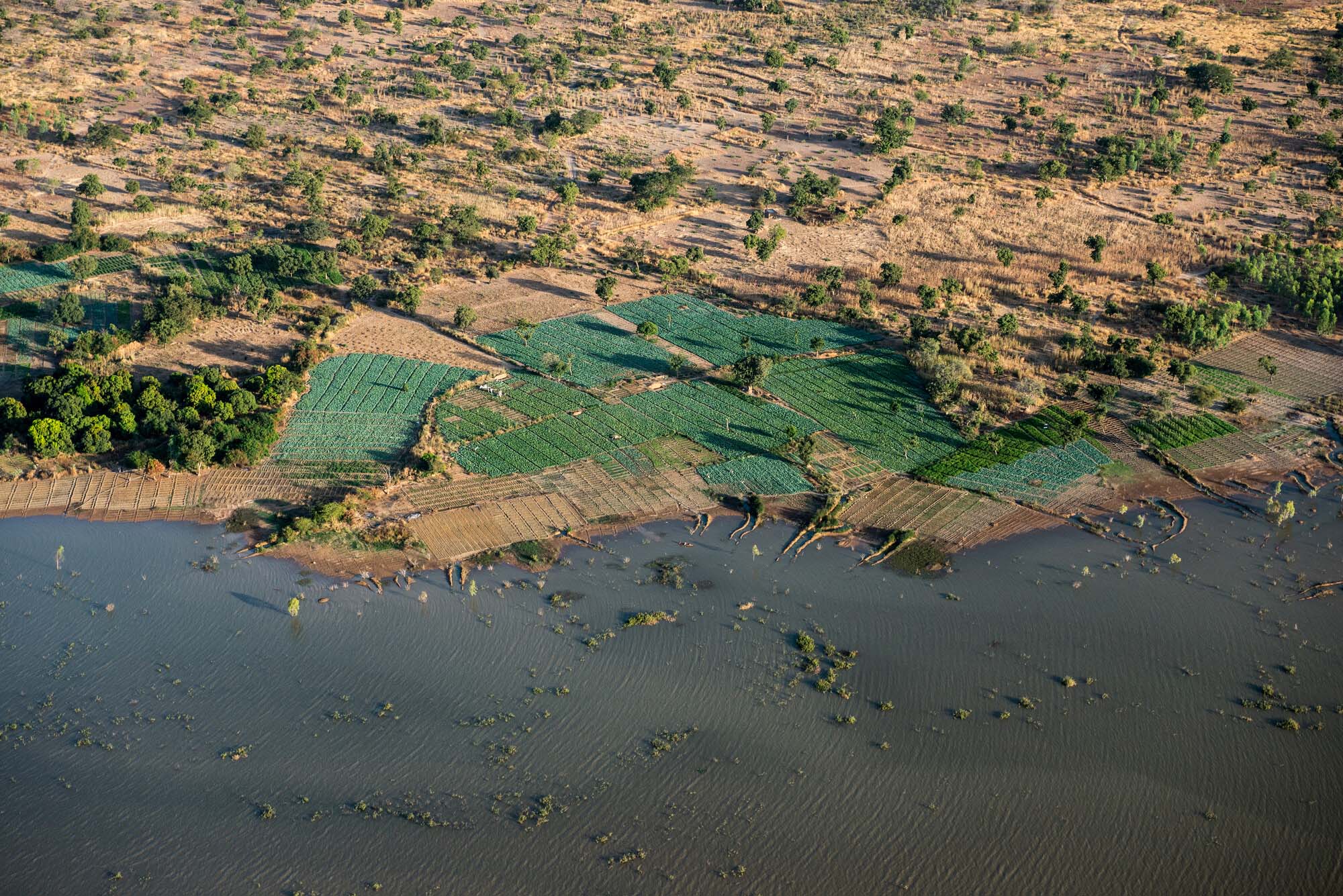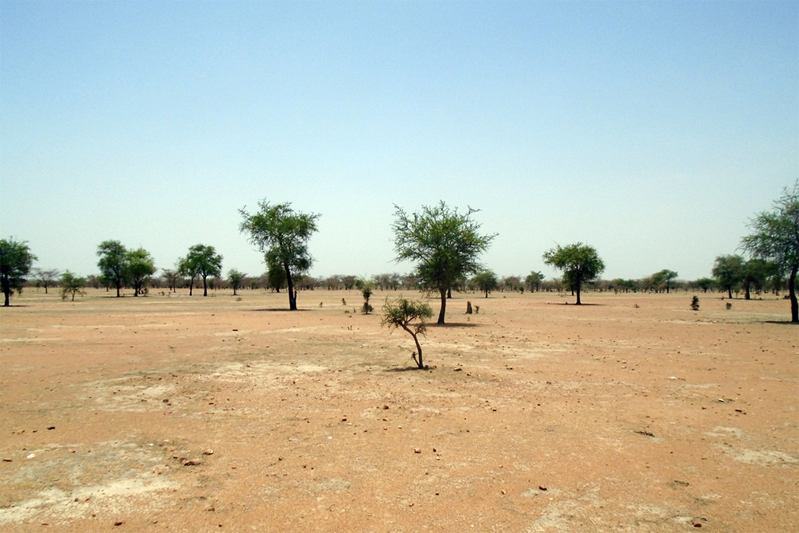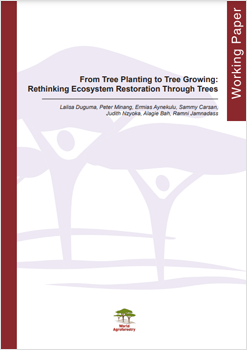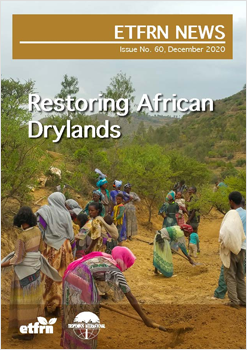SPECIAL FEATURES
Why land restoration is key for preventing drought
With over one third of the Earth’s surface degraded and over 3.2 billion people negatively affected by degradation, continuing business as usual is no longer an option.
Research from the Center for International Forestry Research and World Agroforestry (CIFOR-ICRAF) on tree genetic resources, restoration, sustainable forest management, and soil and land health offers nature-based solutions to combat deforestation and biodiversity loss.
CIFOR-ICRAF has developed a range of innovative solutions that help countries counter the effects of degraded ecosystems, including agricultural land, forests, wetlands and drylands in many different parts of the world.
These efforts are supported through scientific evidence and analysis of how nature-based solutions – such as sustainable forest and wetland management, agroforestry and landscape restoration – can help mitigate climate change, while at the same time protect the planet’s ecosystems and conserve biodiversity.
Restoring Africa’s Drylands: Accelerating Action On the Ground
Sustainable landscapes are essential for the future we want: food, livelihoods, health, renewable materials, energy, biodiversity, trade, climate regulation and water.
GLF Africa believes that local communities are part of the solution in combating desertification which starts from the landscape level especially in places like parts of Africa facing catastrophic drought due to the effects of climate change.
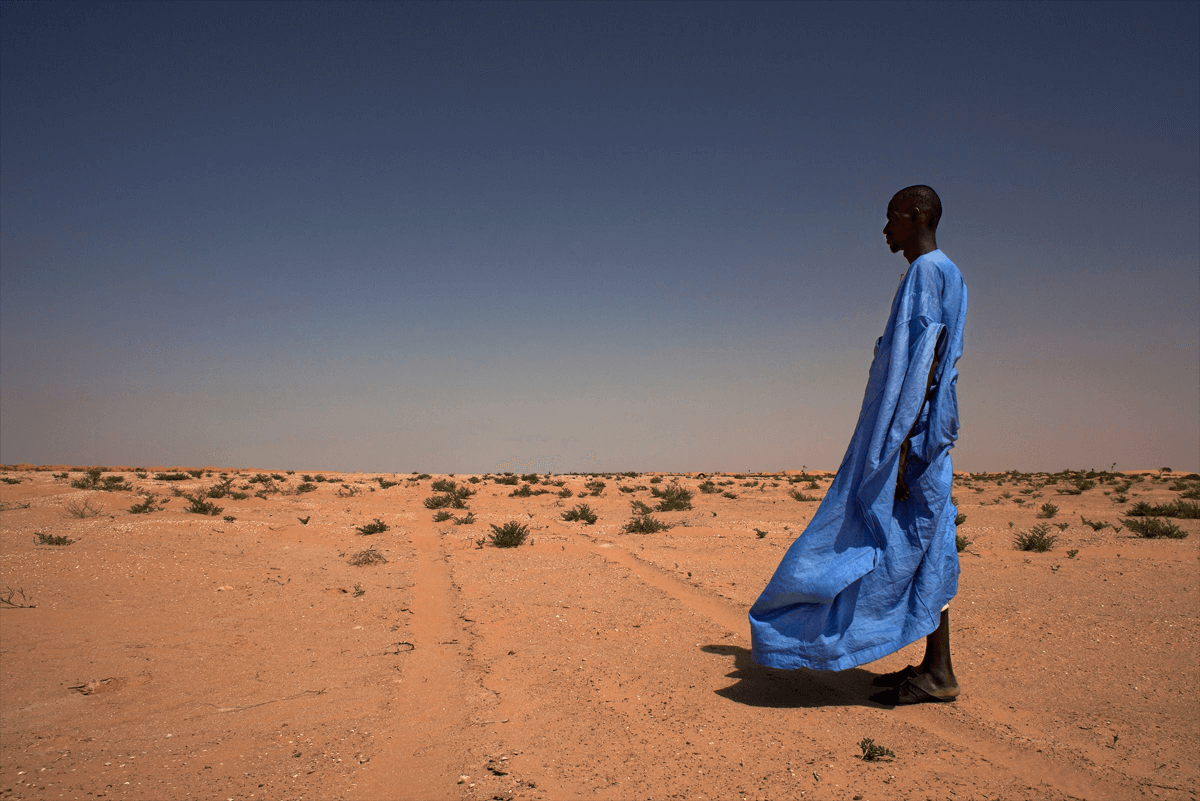
Expert Insights
Providing the latest news and analyses on land restoration in the drylands
Actions
Our research, projects and impact on the ground


